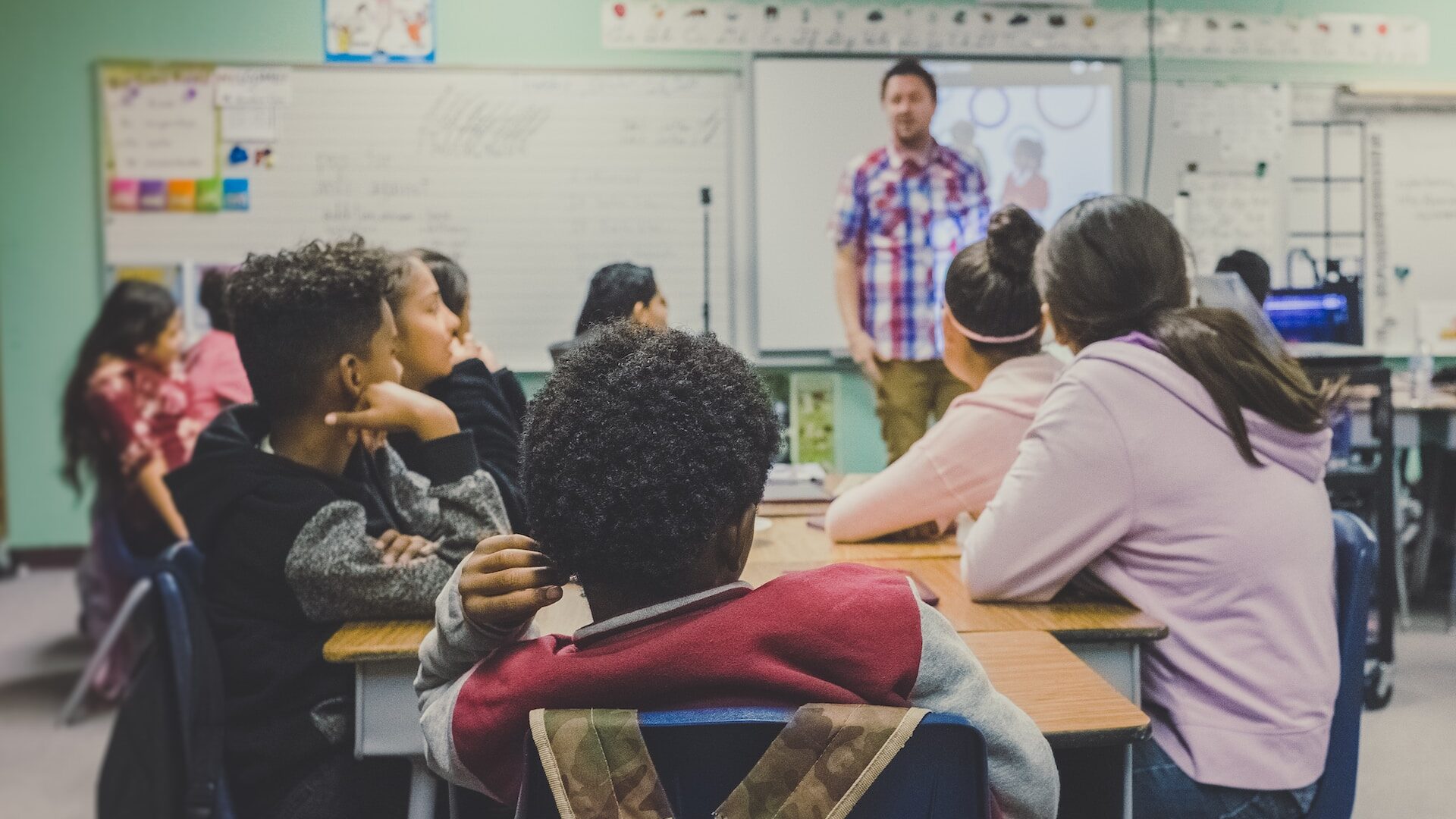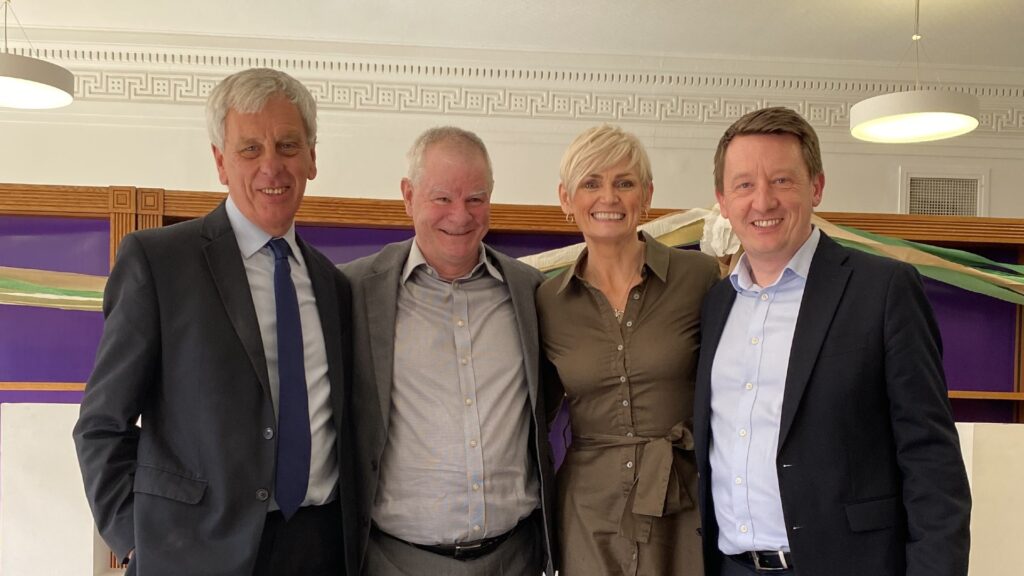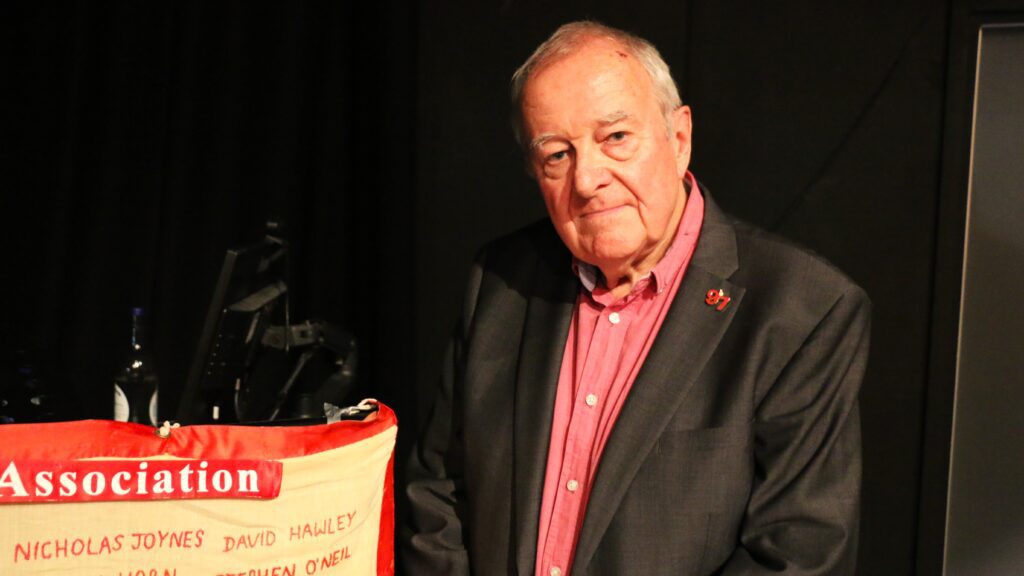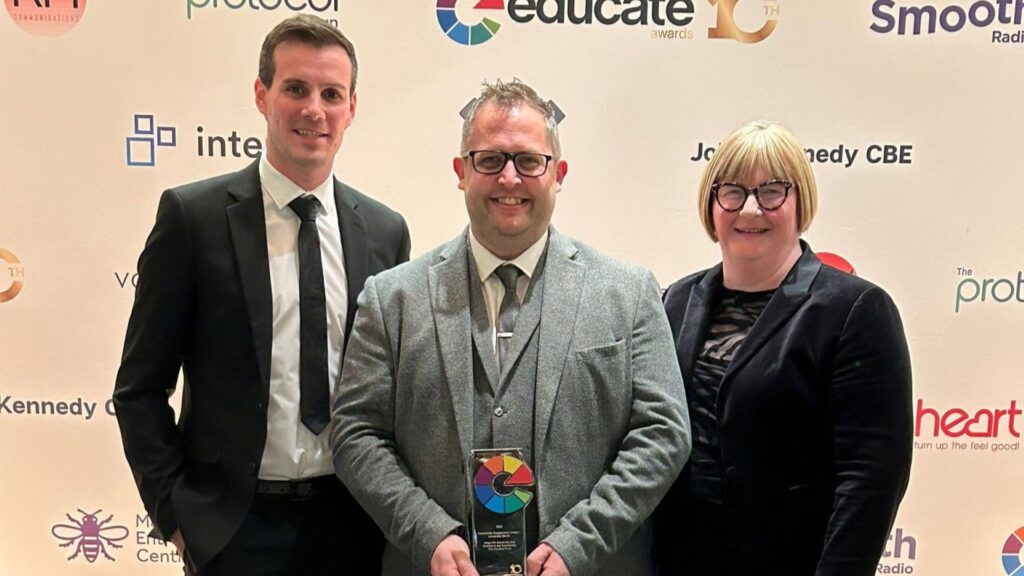Whiteness is an invention of the modern, colonial age. It refers to the racialisation of white people and the disproportionate privilege – social, linguistic, economic, political – that comes with this. Crucially, as an invention, whiteness is not innate – it is taught.
As an educational project, whiteness is designed to maintain racial hierarchies. Whether or not that intention remains or is recognised in modern schools, the racism underpinning that educational project continues to shape education in England.
Black children are more likely to face disproportionate disciplinary procedures and be excluded. They face discriminatory hair policies, and, when their speech is deemed to differ from “standard” or “academic” English, they face anti-black linguistic racism.
And in recent years, whiteness and anti-black linguistic racism have become further normalised under the so-called “what works” agenda of education policy.
The UK government launched the What Works network in 2013, in order to design policies, and how they are delivered, on the basis of what they called “the best” research evidence available.
In education, this claim that policymaking is scientifically objective and evidence-led is used to bolster the idea that the resulting policies will effectively do what they say, namely tackle inequality. However, my work shows how what-works-based education policy is not objective or neutral. It normalises white, middle-class language and can result in the use of non-standard, non-academic language being disciplined in schools.
The ‘what works’ agenda
Between 2021 and 2022, I conducted research in two different secondary schools in London. I observed classrooms, did interviews and analysed policies and lesson materials.
Both schools had majority white staff, serving mostly black children from low-income families. Both schools had subscribed to a “what works” approach to language teaching.
The first school had introduced “evidence-led” curriculum materials, entitled English Mastery. Teachers I collaborated with reported how these materials encouraged them to correct how their pupils spoke, avoiding language deemed to deviate from standard norms.
As a result, black children simply kept quiet or produced minimal answers, which they were further criticised for. Being made to internalise the ideology that their language was deficient resulted in their identity being eroded, an impact which research bears out.
This ideology was further articulated by the staff I interviewed. One teacher said “what works” curriculums would “address persistent errors” and curtail the use of “colloquial” speech, thereby allowing marginalised children to “function properly in the world”. Another teacher described how management had insisted on a “standard English only” policy because they deemed classrooms to be full of what they termed “poor quality talk”.
Research has long shown that standard and academic English are not neutral categories but social and colonial constructions based on the language of the white middle classes. Yet in these schools, acquiring standard and academic English is seen as the path to social justice. Similar thinking has been shown to underpin decision-making at Ofsted, the UK schools inspectorate and national policy too.
Despite the claimed intentions around racial equity and justice with which they are marketed, “what works” materials risk reproducing anti-black prejudice. They define any student as “functioning” or “working” as one who models their language on whiteness. And they still result in working-class, black children facing language discrimination, because, as research shows, beliefs about so-called “proper language” always relate to beliefs about race and class.
The ‘word gap’
In another school I studied, management had designed policies to tackle the so-called “word gap”. Since the 2010s, there has been a resurgence among education specialists in England – policy makers at Ofsted, authors of teacher textbooks and the education publishing industry at large – of this idea, which is rooted in 1960s theories of verbal deprivation and was recycled in 1990s educational psychology.
As education secretary in 2012, Michael Gove told the UK parliament that the lack of attainment in children from disadvantaged backgrounds was due to “growing up in households where they are not read to and where they do not have a rich literary heritage on which to draw”. Amanda Spielman, chief inspector at Ofsted reiterated this position in 2018: “These children arrive at school without the words they need to communicate properly.”
This reductive argument poses that the solution to systemic inequalities but in giving marginalised children more, “better” words than what their families and communities provide them with. In other words, it blames not the socioeconomic system for failing these communities but the communities themselves for not having the right language and literacy practices. https://www.youtube.com/embed/XPbSlNLg_gk?wmode=transparent&start=2
In one school, where management had subscribed to this kind of thinking, believing that it was in the best interests of marginalised children, I found that word-gap interventions meant black working-class children were much more likely to have the way they speak categorised as deficient. Rather than developing their vocabulary, this strategy too resulted in children keeping quiet in lessons, internalising the idea that their language was not academic enough.
Challenging anti-black linguistic racism
Educational linguists have consistently pointed out that language hierarchies are not based on empirical fact but stem from institutional racism. As sociologists Remi Joseph-Salisbury and Derron Wallace put it, “speech codes and vernacular associated with black youth are seen as oppositional to, and disruptive of, academic orientations”.
To counter this, the teachers I collaborated with in my research designed new classroom materials that would, instead, affirm students’ voices. We worked with the black British writer Benjamin Zephaniah, using his 2020 novel Windrush Child and interviews he has given in which he talks about his experiences of having his language and racial identity policed.
His experiences matched many of the students we worked with. For example, when asked to complete a linguistic profile of themselves, one student Joy, who, with Nigerian heritage speaks English and Yoruba, drew a portrait of herself with her mouth clamped shut. She was able to unpick how her Yoruba, previously, had been silenced in school.
Children were encouraged to interrogate the intersections of power, class and race which sees their own language stigmatised. Their discussions were also, crucially, joyful and full of love for black language and culture.
Another teacher collaborated with parents and students on a new whole-school language policy, which insisted that black children are just as linguistically dexterous as their white peers and emphasised that there is no racial justice without linguistic justice. The first draft of the policy stated:
“We do not believe in the existence of a word gap and wholly reject such deficit and racist descriptions of language. If a gap does exist, it exists in the way that people perceive language, rather than how they use it.”
Beliefs about language are never just about language. They reflect institutional power dynamics. As one black teacher I collaborated with put it:
“We need to stop thinking that the way children speak is the problem, and start thinking about the way that adults listen as the problem.”
Ian Cushing, Senior Lecturer in English and Education, Edge Hill University
This article is republished from The Conversation under a Creative Commons license. Read the original article.
March 27, 2023



